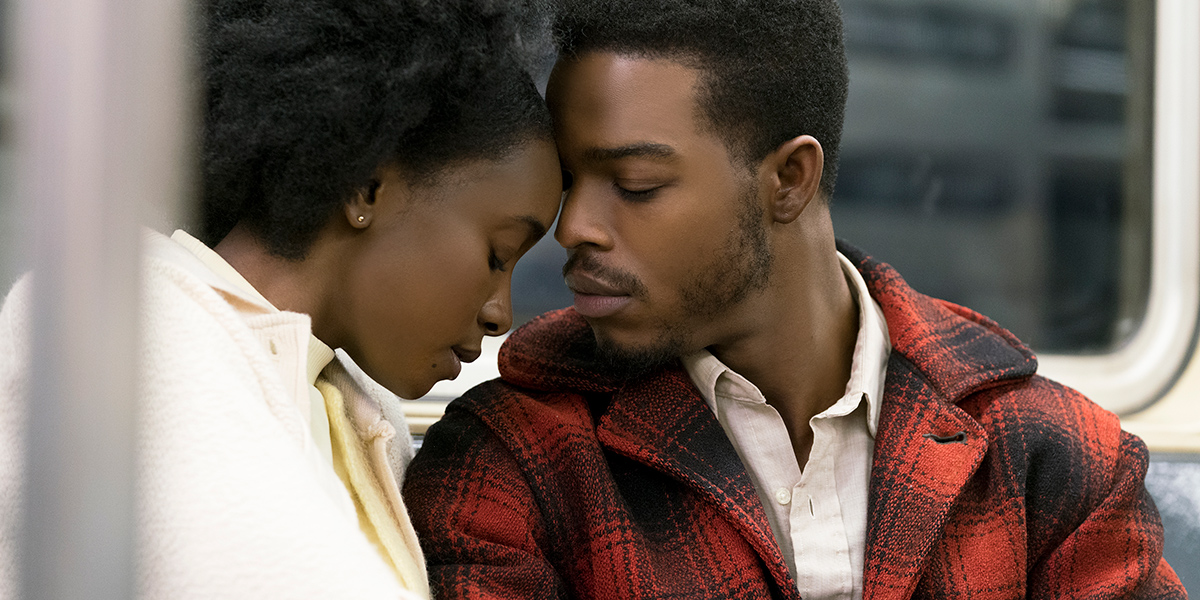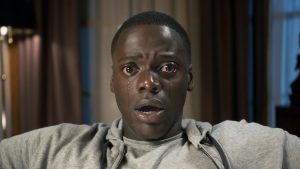Whether you love them or hate them, the Oscars have been filled with controversies. With the ceremony coming soon, Halftime Leisure staff is getting ready for it with our opinions on the nominees. Writers Danielle Guida, Luis Borrero, and Dajour Evans write on who rocked the world of film in 2018 but went unrecognized by the Academy.
Bradley Cooper for Best Director in A Star is Born
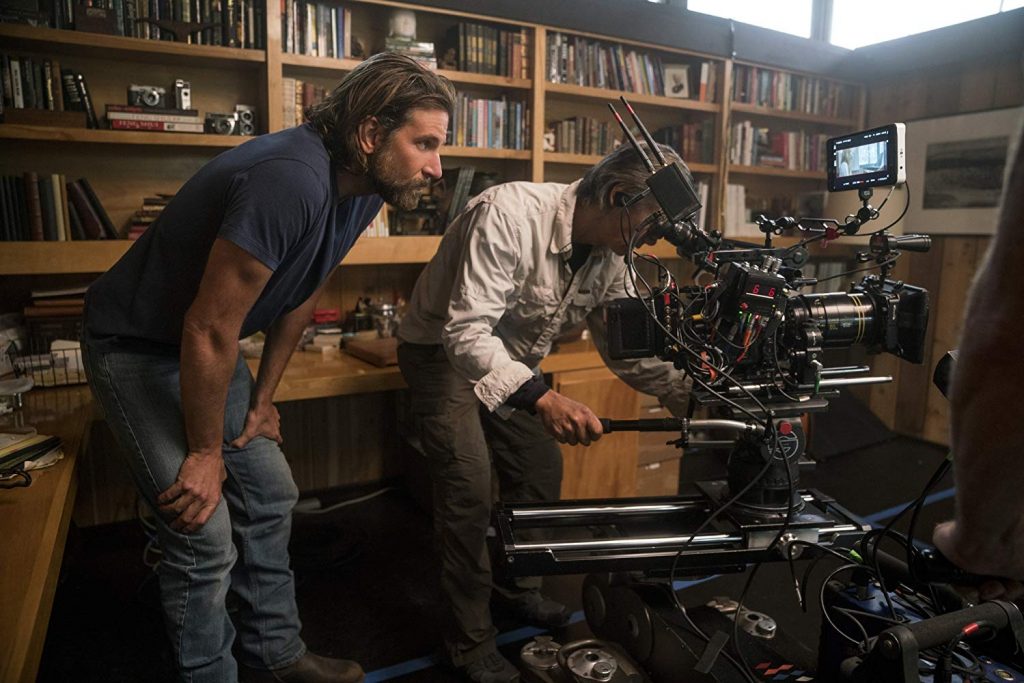
Source: IMDb
In a recent interview with Oprah, Bradley Cooper admitted he felt “embarrassed” about not receiving a Best Director Oscar nomination for A Star Is Born (2018), his directorial debut that he also produced, co-wrote, and starred in. Cooper, usually tight-lipped but not immune to the coaxing powers of Oprah, explained that his shame stemmed not from being ignored by the Academy but from what he felt was a failure to do his job as best he could. Rarely do A-list stars exhibit such refreshing honesty at the risk of seeming too human; most would brush aside the shortcomings of their work and pretend the acknowledgment never mattered in the first place. This candid admission holds the same authenticity that permeates every moment in A Star Is Born and gives the film a captivating freshness, despite it being the fourth iteration of a melodramatic Hollywood love story. In the hands of a less skilled director, the film’s rich depiction of fame may have fallen into the generic trappings of cheesy press conference scenes and substance-filled montages (a certain Queen biopic comes to mind as an example). Cooper instead makes affecting choices like avoiding wide shots and shooting the concert scenes subjectively so that the camera closely stays with the performer, injecting intimacy into something as grand as being on a stage in front of thousands of people. The breathtakingly choreographed momentum of the “Shallow” scene alone should cement Cooper as one of the most competent, confident filmmakers working today. Whether or not he “deserved” a nomination more than the other recognized directors is, of course, subjective. But what is unmistakable is Cooper’s dedication to his craft. There can be a hundred people in a room, but any one of those people can turn the most unlikely passion project into a resounding success with enough hard work.
—Danielle Guida
Tom Cruise for Best Leading Actor in Mission: Impossible—Fallout
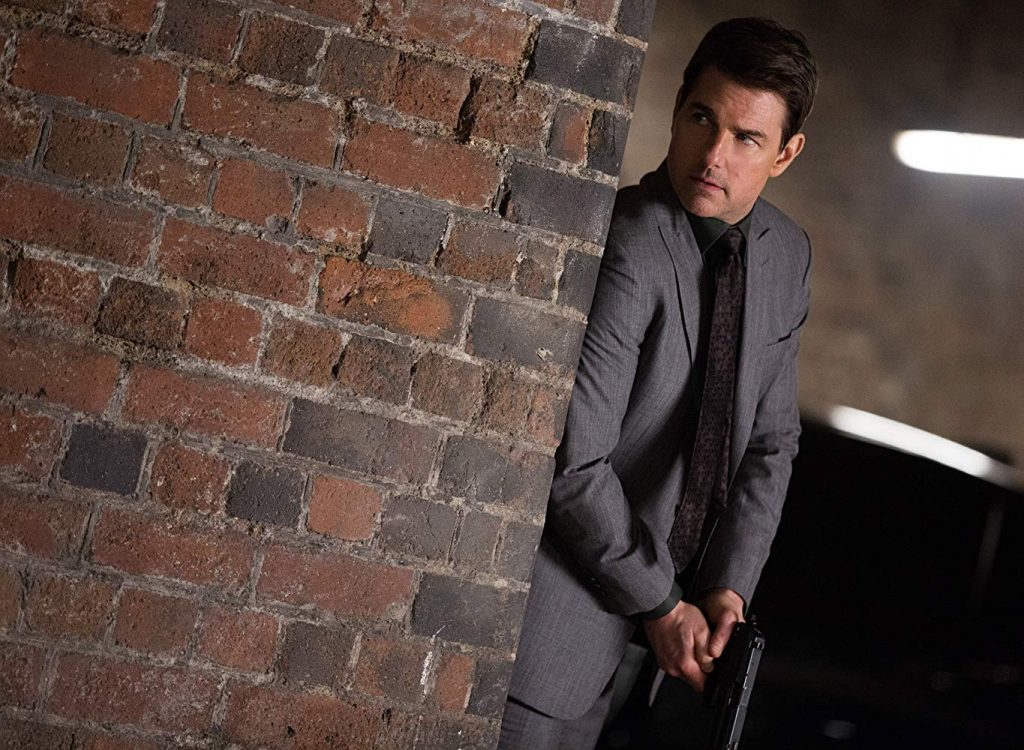
Source: IMDb
Unless you’re an actor who played a real-life white dude or a fictional rockstar named Jackson Maine in the last year, the Academy probably doesn’t know you exist. Between the Oscars’ obsession with leading men in biopics (fun fact: 11 of the last 16 Best Actor winners portrayed real men) and its long-standing bias against action movies, Tom Cruise’s latest turn as Ethan Hunt in Mission: Impossible – Fallout (2018) was bound to go unrecognized. After six Mission: Impossible installments (with a splash of Jack Reacher every few years), Hollywood hasn’t seen Cruise as anything but a death-defying action star since the late 1990s. Instead of fighting this typecasting, Cruise embraced his action persona with full force. At 56 years old (but still looking and moving like he’s 35), Cruise has cemented himself as one of the world’s most skilled physical actors. Film after film, he quite literally puts his life on the line to avoid “cheating” the audience with special effects and stunt doubles. In Fallout, Cruise adds a whole new layer of complexity to Ethan—a character he’s been playing for 22 years. There’s no denying how fun it is to watch Cruise jump out of a high-speed plane, ride a motorcycle into traffic around the Arc de Triomphe, and go toe-to-toe with literal Superman. But the real merits of his performance are in his ability to act during those set pieces and bring emotional depth to a character who, on paper, seems more rag doll than man. Cruise’s commitment to always go bigger has become indistinguishable from Ethan’s uncompromising will to save the world. The thrill of watching Ethan leap from a London rooftop intensifies when the audience understands the ankle-breaking lengths to which Cruise is prepared to go—not because he has a death wish, but because he cares that deeply about delivering a heart-pounding, authentic experience for viewers. Does that make him insane? Probably. But if the Academy can commend the physical transformations of Christian Bale in Vice (2018) or Rami Malek in Bohemian Rhapsody (2018), there’s no reason why it should ignore Cruise. Physicality is as much a part of acting as it is to gain 80 pounds to play Dick Cheney or embody Freddie Mercury with some fake teeth.
—Danielle Guida
Toni Collette for Best Leading Actress in Hereditary
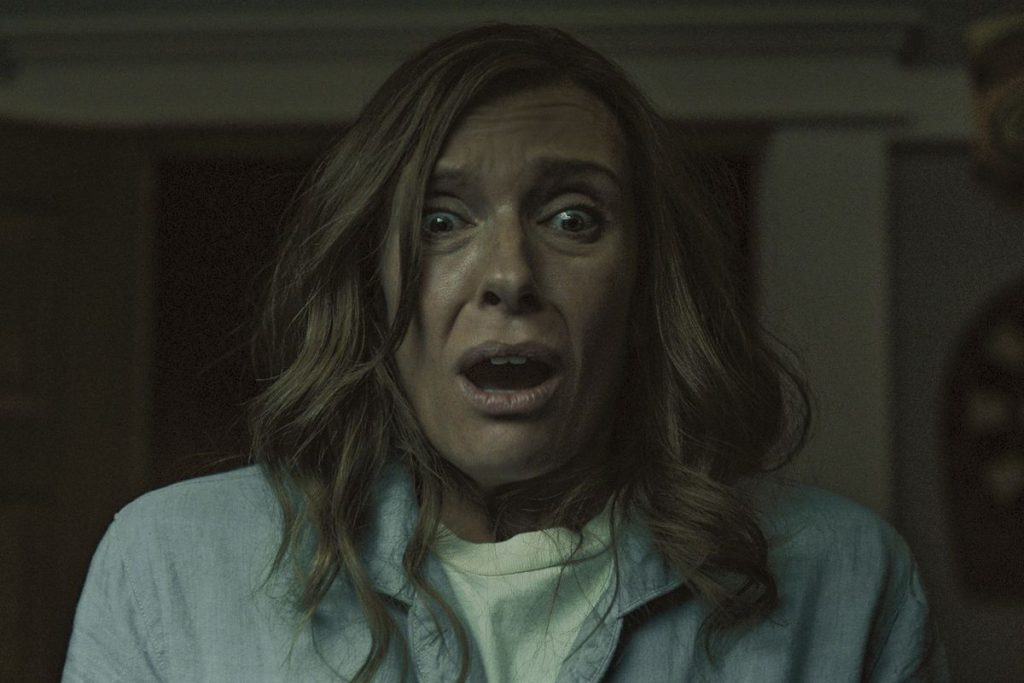
Source: IMDb
In Hereditary (2018), Toni Collette not only gave one of the best female performances of the year, but she also gave one of the best horror movie performances of all time. Her character, Annie, is not particularly likable, but Collette digs deep into the psyche of this flawed woman, allowing audiences to sympathize with her despite her questionable and increasingly disturbing behavior. Her screams after finding out what has happened to her daughter are particularly haunting, pulling no punches as her depression and grief harrowingly fill the screen. Collette’s range is a sight to behold, deftly portraying the role of loving and caring homemaker and wife, before turning a tour de force as a resentful and bitter daughter and mother, ending on a high as Annie finally unravels and becomes a deranged woman who has lost touch with reality. That these transitions feel organic and believable only speaks to the level of skill on display, making Collette’s performance truly one for the ages.
—Luis Borrero
“OYAHYTT” by the Coup ft. Lakeith Stanfield for Best Original Song in Sorry to Bother You
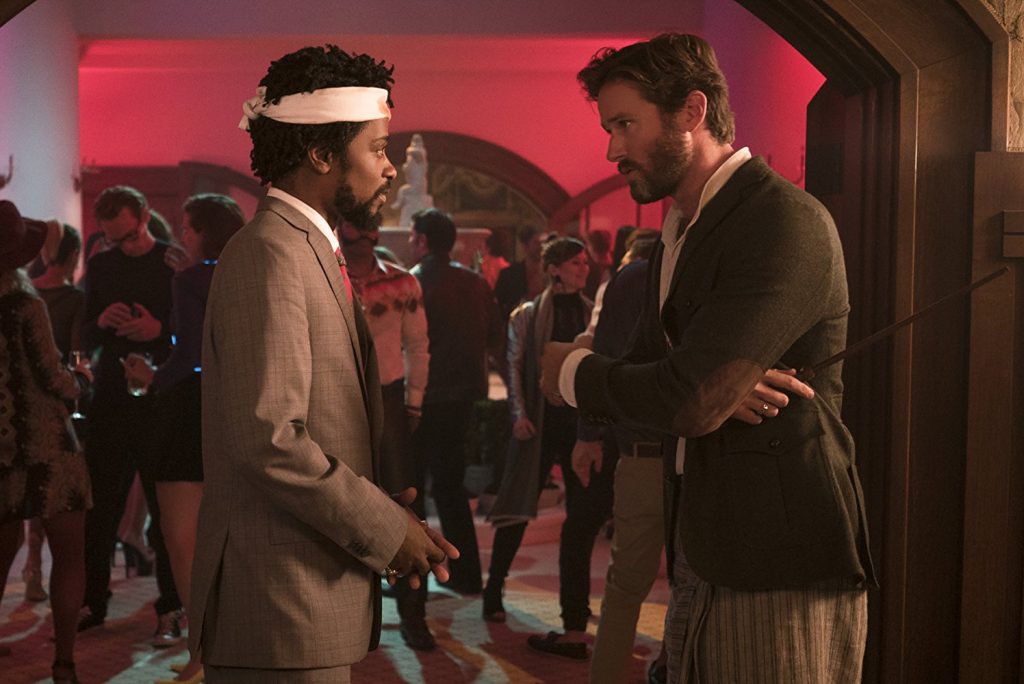
Source: IMDb
If anyone has seen Sorry to Bother You (2018) (which is a film everyone should see) then it’s quite clear why this song should have been nominated. The energy, the power that this song emits is absolutely hypnotic. It makes me want to start a revolution right now, which perfectly fits the tone and theme of the film. It’s one of those songs that completely encapsulates in four minutes what Sorry to Bother You is going for and it’s performed by Boots Riley’s group The Coup with a featuring spot for Lakeith Stanfield, the lead actor in the film. The Academy truly missed out on what would’ve been an energetic, fun performance during their sometimes long and boring show. And, anyway, did that song from Mary Poppins Returns (2018) really deserve a nomination? The answer is no, no it didn’t.
—Dajour Evans
Daniel Kaluuya (Widows), Brian Tyree Henry (If Beale Street Could Talk), Timothée Chalamet (Beautiful Boy) for Best Supporting Actor
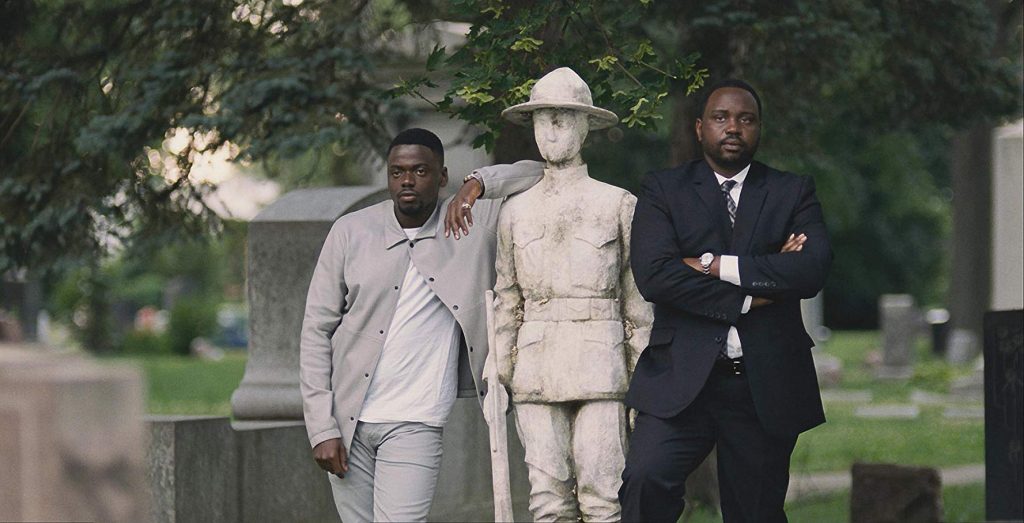
Source: IMDb
The best supporting actor category this year at the Oscars is not good. There are incredibly talented actors in that category (Adam Driver, Mahershala Ali), but they’re nominated for roles that are undeserved. Which is why I think the Oscars missed at the very least three performances in this category that all could’ve fit in. Daniel Kaluuya is a force in Widows (2018). It’s the first villainous role that many audience members(including myself) have seen him in, and oh my God he delivers. He was legitimately terrifying. Every scene he appeared in—usually hovering in the background watching the main characters every move—he stole the show, making for a haunting performance that deserved recognition. Daniel Kaluuya has not missed a beat yet. Then there’s Brian Tyree Henry. This year, Henry defined what it meant to be a scene stealer in a supporting role—in both Widows and Spider-Man: Into the Spider-Verse (2018). However, I would nominate him for If Beale Street Could Talk (2018). He’s not in the film much, but he leaves a lasting impression. He gives a monologue that is devastating, that says more about racism in America than anything else I’ve seen all year. He is controlled but broken. Contained but anguished. He absolutely deserves to not only be here but possibly to win the entire award.

Source: IMDb
Finally, we have mister Timothée Chalamet. His exclusion from this category is the only one that I’d consider a legitimate snub. It wasn’t likely that Kaluuya and Henry would show up here, but Chalamet has been nominated in this category for his work in Beautiful Boy (2018) in every other major award show so far (Golden Globes, SAGs, Critic’s Choice). It honestly baffles me why Sam Rockwell got nominated for 5 minutes of eating fried chicken in Vice (2018) when Chalamet was absolutely phenomenal in Beautiful Boy. He was the best thing about a largely uneven movie. It makes no sense for the Oscars to snub him. If the Kaluuya and Henry snubs were expected, yet disappointing, Chalamet’s was nonsensical
—Dajour Evans
If Beale Street Could Talk for Best Picture
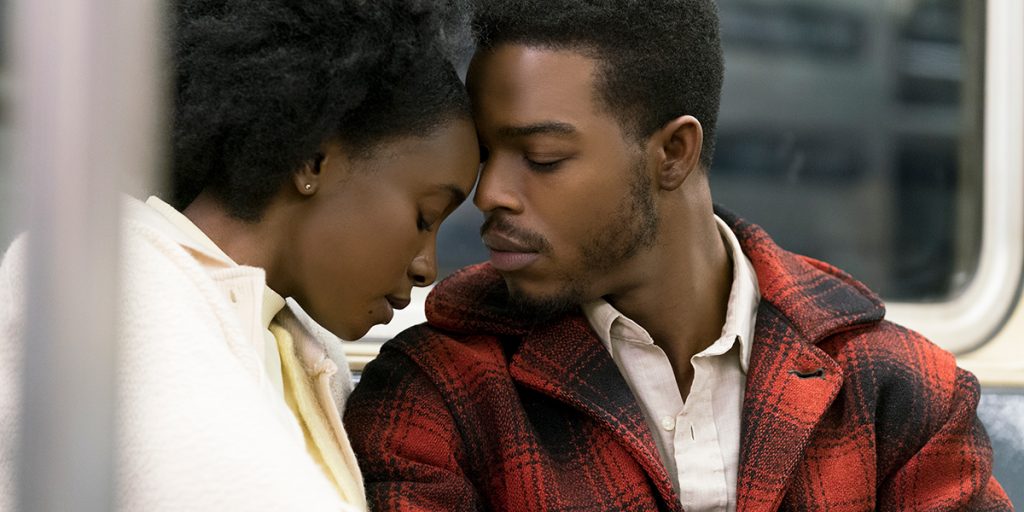
Source: IMDb
This will go down in film history as being one of the worst snubs of all time—just like how this awards season will go down as one of the worst. Director Barry Jenkins’ follow up to his Best Picture winning film Moonlight (2016), If Beale Street Could Talk (2018) is an adaptation of the James Baldwin novel of the same name, and it is masterful cinema. Without a doubt one of the most flawless, gorgeous, heartbreaking, and honest films I have ever had the pleasure of seeing (thankfully in the theater). Stephan James and Kiki Layne display love—black love—so purely, so beautifully that they’re eventual separation due to a flawed, racist system is devastating. There are some shots in this film that will forever be etched in my brain, and Barry Jenkins is able to depict the brutality of racism without forcing black people to view more violence against black bodies. It is a perfect film. I haven’t even mentioned Regina King who (thankfully) has been getting the awards she deserves and is on track to win the Oscar for her supporting role in this film. After a year in which we nominated (and awarded) films like Get Out (2017), which explored race with such honesty and nuance, it’s disappointing to see the Academy nominate a movie like Green Book (2018), which is a film about race relations made by and for white audiences and their comfort. It’s disappointing to see films like Bohemian Rhapsody (2018)—directed by a known predator—get nominated for awards (when it isn’t even a good movie). If Beale Street Could Talk is one of the best films, if not the best film, of 2018 and the Academy’s omission of it in this category (as well as technical categories like Best Cinematography and a missing Best Director nomination for Barry Jenkins) will forever make the Oscars look like an absolute joke. Hopefully next year they get it right.
—Dajour Evans


